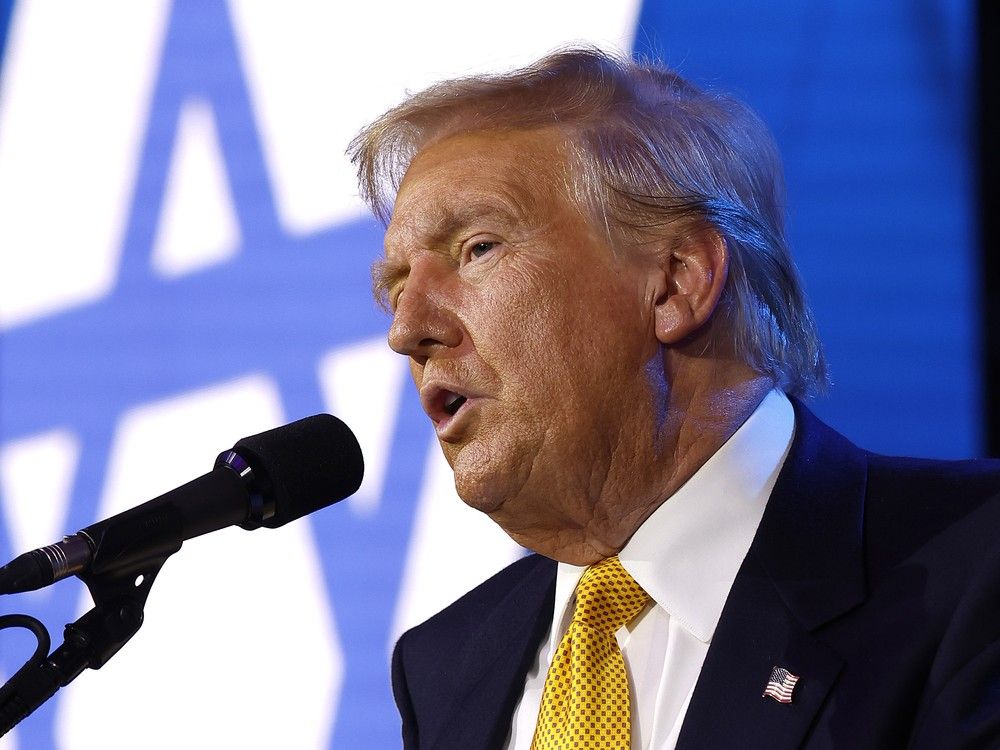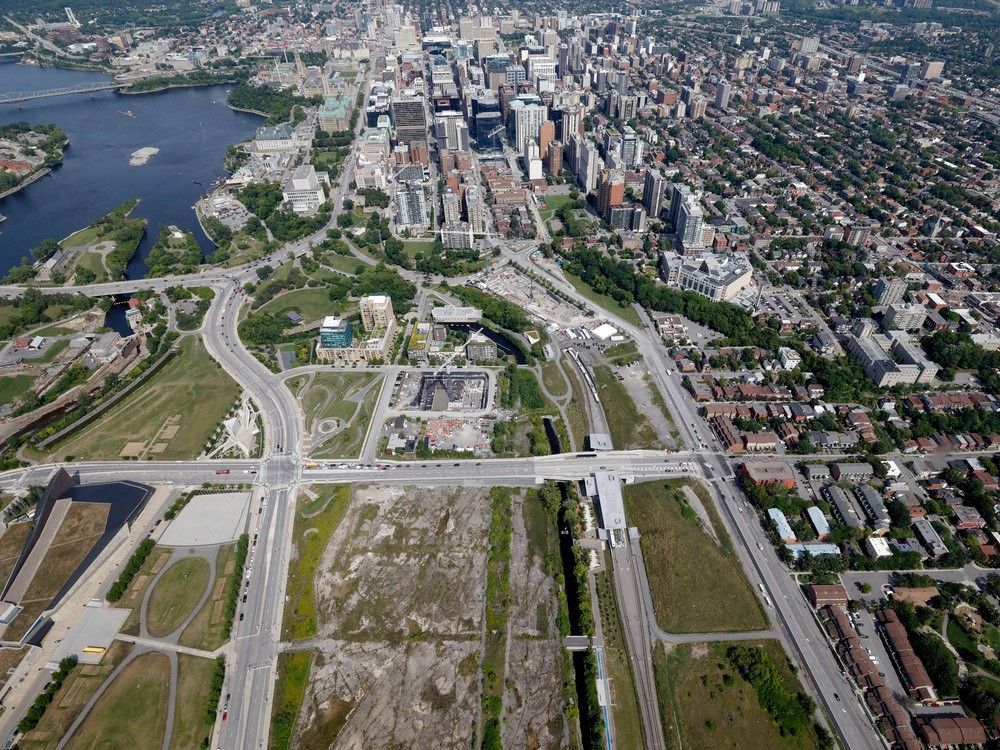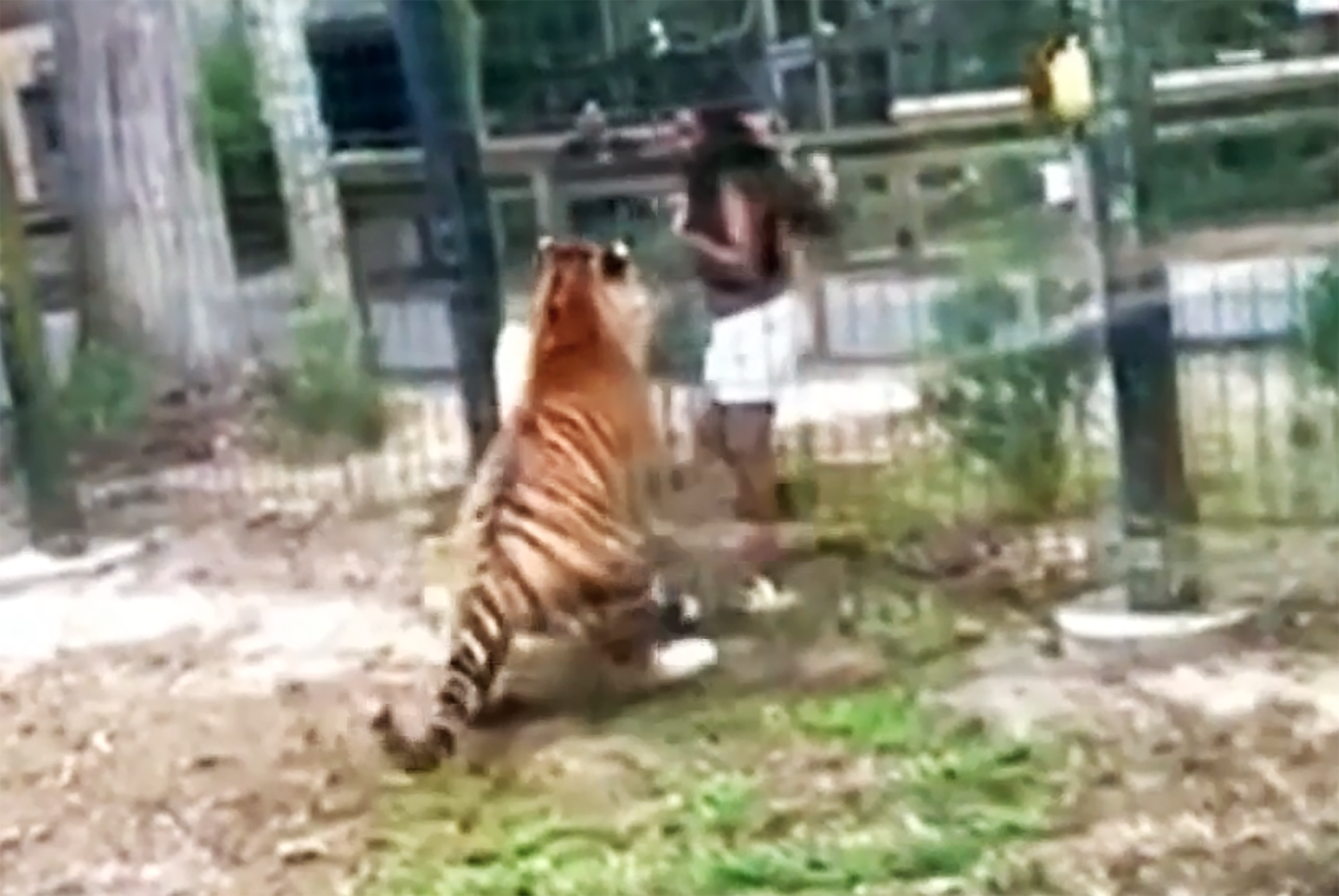Most anticipated China’s retaliation against Canada, but the decision to target canola first is not coincidental. 'Canada's oil,' canola, holds deep symbolic value, making this move more about sending a political message than inflicting purely economic damage.
Published Sep 04, 2024 • 3 minute read
Canada’s decision to impose tariffs on Chinese electric vehicles (EVs) last week was a predictable move. Ottawa fully anticipated retaliation, which came swiftly as China announced an anti-dumping investigation into Canadian canola exports. While there is no evidence of actual dumping, the facts are largely irrelevant in this case. China will proceed with sanctions regardless of the explanations provided by the Canola Council or Canadian diplomatic channels. Much like in 2019, when Canada faced a similar impasse, we could see borders close again for Canadian agricultural exports.
Advertisement 2
THIS CONTENT IS RESERVED FOR SUBSCRIBERS ONLY
Subscribe now to read the latest news in your city and across Canada.
- Unlimited online access to articles from across Canada with one account.
- Get exclusive access to the Toronto Sun ePaper, an electronic replica of the print edition that you can share, download and comment on.
- Enjoy insights and behind-the-scenes analysis from our award-winning journalists.
- Support local journalists and the next generation of journalists.
- Daily puzzles including the New York Times Crossword.
SUBSCRIBE TO UNLOCK MORE ARTICLES
Subscribe now to read the latest news in your city and across Canada.
- Unlimited online access to articles from across Canada with one account.
- Get exclusive access to the Toronto Sun ePaper, an electronic replica of the print edition that you can share, download and comment on.
- Enjoy insights and behind-the-scenes analysis from our award-winning journalists.
- Support local journalists and the next generation of journalists.
- Daily puzzles including the New York Times Crossword.
REGISTER / SIGN IN TO UNLOCK MORE ARTICLES
Create an account or sign in to continue with your reading experience.
- Access articles from across Canada with one account.
- Share your thoughts and join the conversation in the comments.
- Enjoy additional articles per month.
- Get email updates from your favourite authors.
Article content
In March 2019, after the arrest of Meng Wanzhou in the Huawei incident, China abruptly halted Canadian canola shipments, citing pest contamination as the official reason. The Canadian canola industry suffered losses estimated between $1.54 billion and $2.35 billion in sales, with price declines persisting until August 2020 due to the suspended export licenses. Pork exports were also affected, but canola has always been a primary target for China in these diplomatic standoffs.
Canola holds a special place in Canada’s agricultural identity, and targeting it first is a calculated move by China. The crop was developed in Canada, and its very name — derived from “Canada” and “ola” (referring to oil low in acid) — underscores its deep national significance. As the world’s largest exporter of canola, Canada plays a pivotal role in both global food markets and biofuel production. Conversely, China is the largest oilseed importer, with half of Canada’s canola exports destined for its market. By hitting canola, China sends a clear message: it can disrupt a key Canadian sector anytime political tensions escalate.
By signing up you consent to receive the above newsletter from Postmedia Network Inc.
Article content
Advertisement 3
Article content
Farmers in Alberta, Saskatchewan, and Manitoba — where the vast majority of Canada’s 43,000 canola producers are located — are already feeling the impact. Yesterday, canola prices dropped nearly 5%, and further declines could mirror the prolonged downturn of 2019. The symbolism of canola makes it a prime target. Whenever Canada moves against China’s interests, Canadian agricultural commodities such as canola are the first to be leveraged.
Western Canadian farmers now face significant uncertainty, largely a result of Ottawa’s aggressive push to bolster the battery and EV sectors. The federal government has committed nearly $50 billion toward building battery factories, a bold gamble that led to the imposition of tariffs on Chinese EVs. The official rationale, it seems, is to protect domestic manufacturers from an influx of cheaper green vehicles from China, even if that means limiting affordable options for Canadian consumers and straining relations with China. This approach prioritizes the development of Canadian-made EVs over the potential benefits of allowing lower-cost imports to help reduce carbon emissions.
Advertisement 4
Article content
This industrial strategy follows a familiar pattern: when a government decides that a product must be produced domestically, at all costs, it often results in less competition, higher prices, and questionable product quality. The dairy industry offers a prime example. Ottawa has funneled billions into the sector, supported by highly restrictive trade barriers. While this policy has propped up dairy farmers, it has done so at the expense of other agricultural sectors — wheat, canola, beef, and pork — all of which could arguably benefit from the same level of government support.
In the end, the federal government will likely compensate canola farmers for their losses, as it has done before. Farmers are resilient, but Canada’s diplomatic standing, particularly with China, continues to erode.
For those old enough to remember, Pierre Trudeau once idealized China, yet today his son Justin Trudeau faces a more hostile Beijing. History, it seems, has a twisted sense of irony.
— Dr. Sylvain Charlebois is the Director of the Agri-Food Analytics Lab at Dalhousie University and Co-Host of The Food Professor Podcast.
Article content
.png)
 2 weeks ago
11
2 weeks ago
11
































 Bengali (BD) ·
Bengali (BD) ·  English (US) ·
English (US) ·